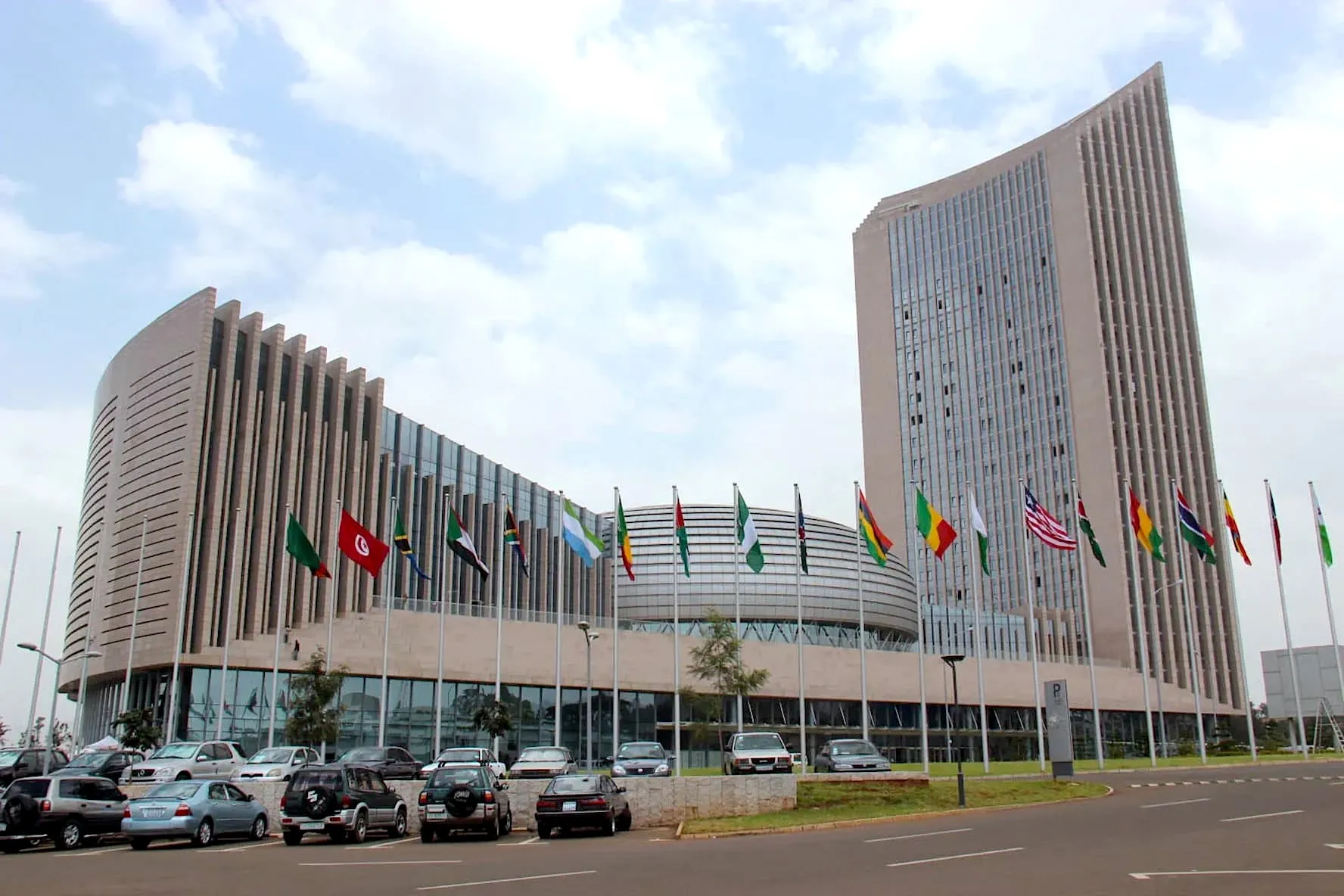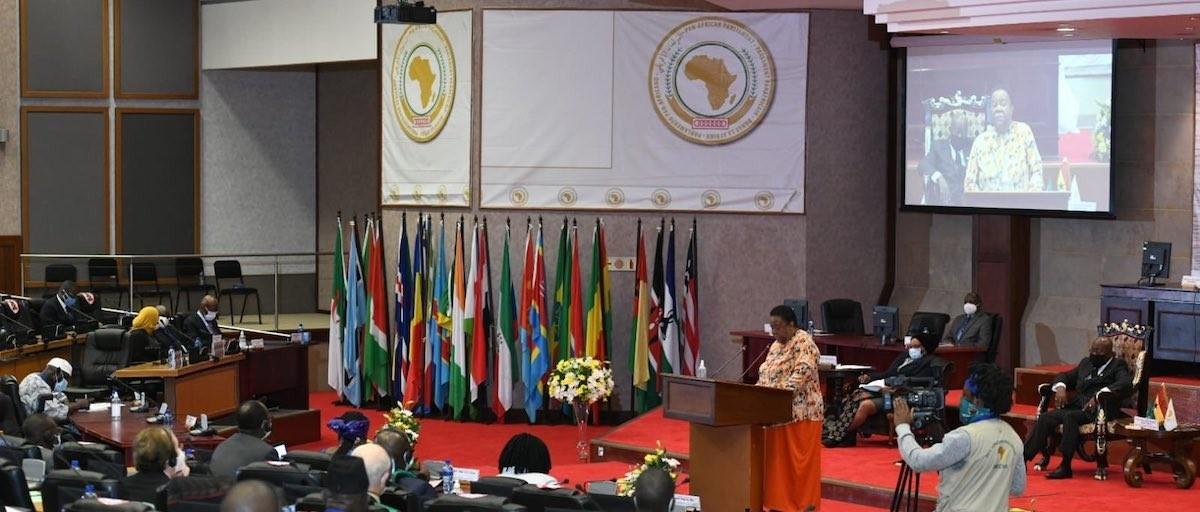Africa is entering a decisive phase in its artificial intelligence (AI) journey, with sweeping policy reforms, continental strategies, and bold investments aimed at positioning the continent as a global AI player. Experts say these moves could redefine Africa’s digital economy—if implemented effectively.
Continental Vision: The Africa Declaration on AI
The Africa Declaration on Artificial Intelligence, endorsed by 49 nations at the Global AI Summit in Kigali, is widely seen as a turning point. It aligns with the African Union (AU) Continental AI Strategy, which emphasizes seven pillars: talent development, data infrastructure, governance, investment, and institutional cooperation. The declaration also launched a $60 billion Africa AI Fund and an Africa AI Council to coordinate initiatives across the continent.
Jane Munga, a senior fellow at the Carnegie Endowment, notes:
“Africa’s AI strategies are not just about technology—they are about sovereignty and socioeconomic transformation. The AU’s approach is people-centric, aiming to ensure AI reflects African realities rather than imported models.”
The Push for AI Sovereignty
Despite progress, Africa faces a stark reality: over 80% of its cloud services are controlled by foreign entities, raising concerns about data sovereignty and dependency. Salma Rhilane, author of AI Sovereignty in Africa, warns:
“Without local infrastructure and harmonized policies, Africa risks becoming a passive consumer in the global AI economy. Sovereignty is not just about technology—it’s about cultural values, ethics, and economic independence.”
Her report advocates for Ubuntu-aligned ethics, regional integration, and investment in local data centers to reduce reliance on external providers.
Expert Recommendations: Building Capacity and Trust
A recent Tech Hive Advisory report stresses that realizing AI’s potential requires tailored regulatory frameworks that address Africa’s unique challenges—such as infrastructure gaps, funding constraints, and skills shortages.
“AI regulation in Africa must balance innovation with ethics. Over-regulation could stifle startups, while under-regulation risks exploitation and bias,” says Fredrick Ogenga, a governance expert at Rongo University.
The report highlights five priorities for policymakers:
Define a national AI vision and governance framework
Invest in foundational infrastructure and data governance
Cultivate AI talent and innovation ecosystems
Implement adaptive regulatory models
Strengthen compute capacity for AI development5
Country-Level Momentum
Countries like Kenya and Ghana are emerging as leaders. Kenya’s National Digital Master Plan and Ghana’s AI initiatives—supported by Google’s AI research center in Accra—are setting benchmarks for localized innovation. Both nations are aligning their strategies with the AU framework while addressing local needs such as digital literacy and gender diversity in AI careers.
The Road Ahead
Experts agree that Africa’s AI future hinges on collaboration, ethics, and investment. While the AU’s strategy provides a strong foundation, execution will require political will, private sector engagement, and regional cooperation.
As Rhilane puts it:
“Africa has the opportunity to chart a fourth way in AI governance—one rooted in Ubuntu, inclusivity, and shared prosperity.”




